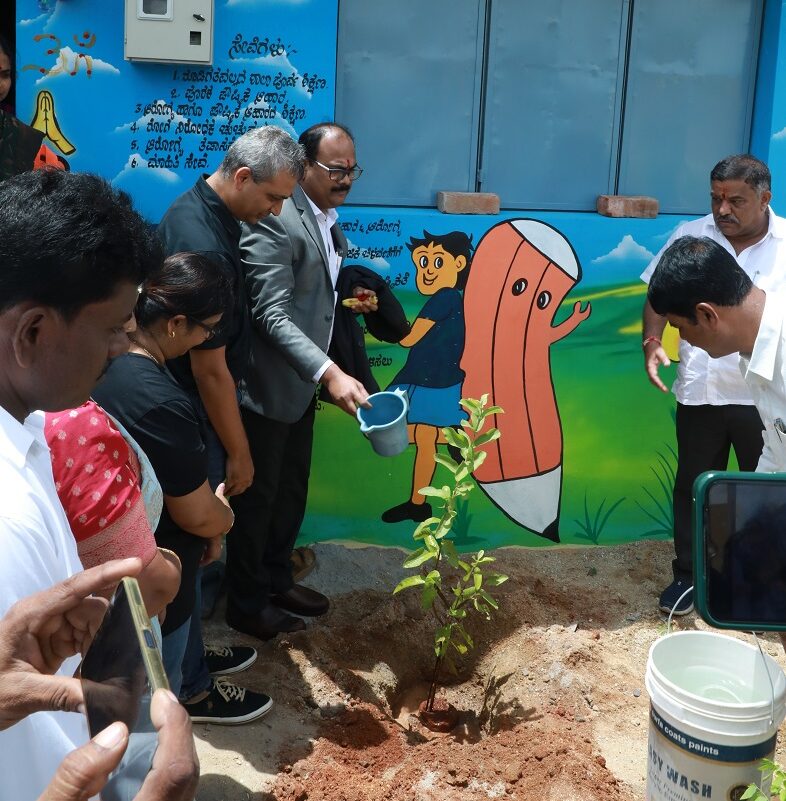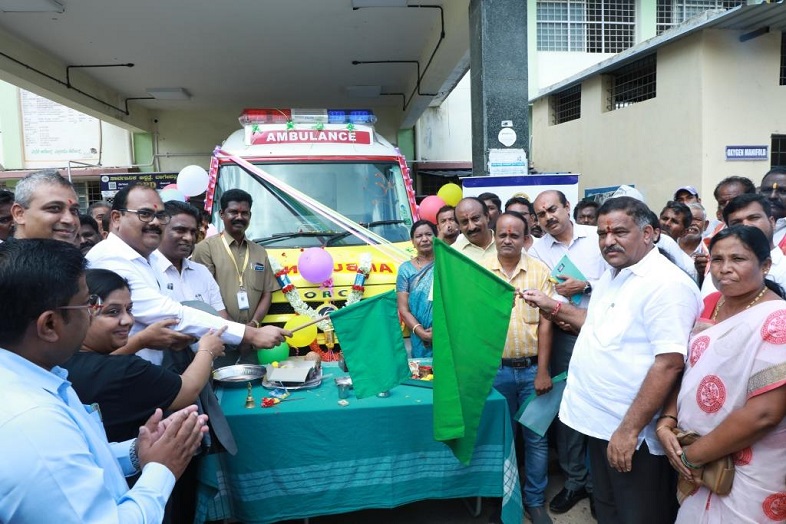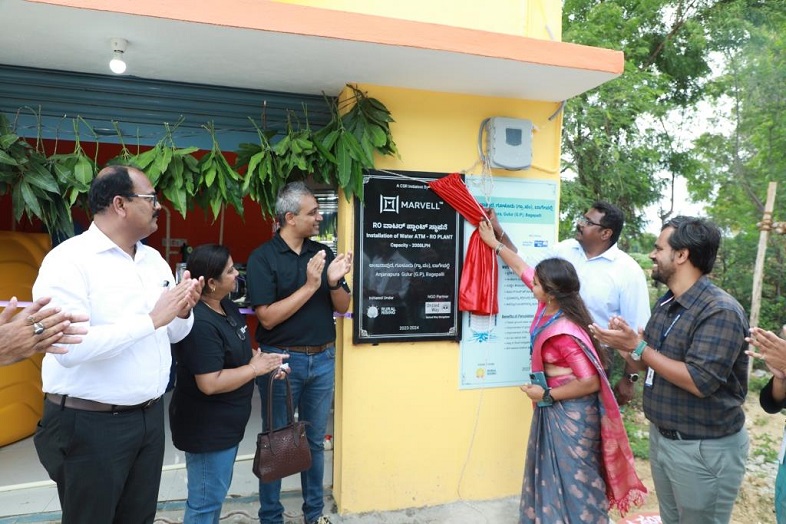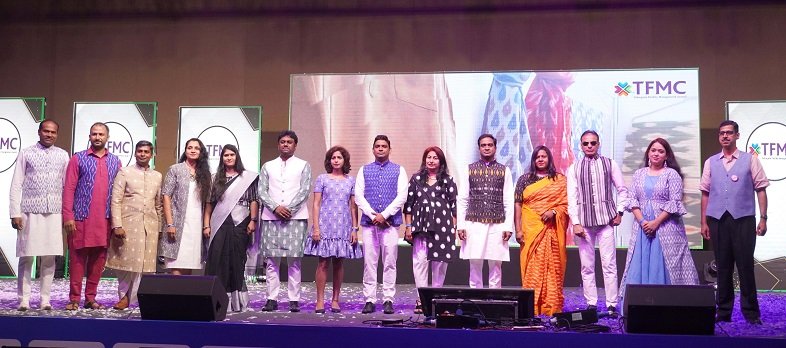
Quote –“DPI, Fintech, Climate risk taxonomy: Perspective of Jaya Vaidhyanathan, CEO, BCT Digital”
Budget 2024 has introduced nine main priorities to boost the economy, including notable rewards for taxpayers who have opted for the new regime. From a banking and fintech perspective, it has tabled several positives:
The emphasis on Digital Public Infrastructure for applications, including credit, is welcome. It will help formalize lending processes, thereby expanding the market share for banks and fintech players. A vision for the financial sector has been announced to enable our country to become a fintech powerhouse. The success of UPI and the JAM trinity needs to be monetized at a global level. While it’s still early days, this is good news. The announcements regarding taxonomy for climate risk are welcome, as it is important to have a homegrown framework for climate risk rather than adopting those from countries with different climate and industry conditions to ours.
Overall budget 2024 has brought forth some interesting perspectives, setting the stage for a transformative financial landscape ahead, focused on growth and development.
Union Budget reaction quote by Mr. Arun Poddar, CEO and Executive Director, Choice International Limited
“The Union Budget 2024-25 presents a balanced approach to stimulating economic growth while maintaining fiscal prudence. The government’s commitment to reducing the fiscal deficit to 4.9% of GDP in 2024-25, down from 5.8% in the current year, signals a strong focus on macroeconomic stability. This fiscal consolidation path, coupled with the projected 8.2% GDP growth rate, creates a favourable environment for investments and economic expansion.
The budget’s tax proposals are designed to boost disposable income and encourage savings. The increase in the standard deduction for salaried employees to ₹75,000 and the rationalization of capital gains tax, with a 12.5% rate on long-term gains for all assets, provide clarity and benefits for individual investors. For businesses, the abolition of angel tax for all classes of investors and the reduction of corporate tax for foreign companies to 35% are significant steps to attract investment. These measures, combined with the ₹11,11,111 crore allocation for infrastructure development, create a robust framework for economic growth and investment opportunities across sectors
Quote from Mr. Vaibhav Gupta, Partner, Dhruva Advisors
Big changes have been announced in capital gains taxes. While long-term capital gains taxes have been reduced for residents on unlisted shares and real estate, it is interesting to note that the long-term capital gains tax for non-residents on unlisted shares has been increased from 10% to 12.5%. This will clearly impact the returns of FDI investors. Removal of cost indexation on all assets is a very significant change that will impact real estate returns in a big way! At the same time, for Indian promoters wanting to sell their unlisted businesses, the reduction in the tax from 20% to 12.5% is a very welcome change.
It brings listed and unlisted share sales at par. The other important change is that any capital gains on bonds and debentures will also be treated as short-term capital gains which shall be taxed at the applicable tax rates. While changes in buyback were anticipated, however treating buyback as dividend and allowing capital loss of the cost of purchase to the shareholders is likely to reduce the attractiveness of a buyback. Reduction of the holding period to two years for long-term capital gains should be a big positive for the real estate sector. Lastly, the taxability of share transfer in an offer for sale has been clarified to provide that the cost offset will be based on indexation till FY2018, which brings this at par with the sale post listing.

Quote: S Anand, Chief Executive Officer and Founder of PaySprint, a fintech venture
“As we eye on the budget 2024 today, we shift our gaze to the improvements in the manufacturing and services sector, where FM Nirmala Sitharaman announced the credit support for MSMEs, increasing the loan limit from ₹10 lakh to ₹20 lakhs, especially for those, who have availed and repaid loans under Tarun Category. I believe enhancing the mudra loan limit is a strategic move that supports the backbone of the Indian economy. It fosters a conducive environment for growth, innovation, and competitiveness, ensuring that these enterprises can contribute robustly to the nation’s economic development.
Additionally, this declaration will witness an increase in capital access that will enable these businesses to expand operations, invest in innovation, and create more jobs, thereby solidifying economic growth. In light of this, it rewards responsible borrowing behaviour, enhancing MSME owner’s confidence and encouraging growth. While simultaneously, helping MSMEs adopt new technologies, improve productivity and compete globally. Overall, this policy strengthens the resilience and competitiveness of MSMEs, reinforcing their crucial role in India’s economic development. With this newfound development, SprintNXT wishes to strengthen the MSME sector with its innovative solutions and pave the way for a simplified path towards the business banking switch it endorses.
In continuation to this, the 2024 Union Budget introduces a range of significant measures that are set to revolutionize the fintech sector. At PaySprint, we are particularly excited about the implications of these changes. The government’s Rs 50,000 crore investment in infrastructure development will greatly enhance the digital and financial frameworks essential for fintech growth.
The abolition of the angel tax is a noteworthy development, fostering a more favourable environment for investment in fintech innovations. Furthermore, the simplification of tax regimes, including the merger of charity exemptions and the revision of long-term capital gains tax to a rate of 12.5%, will streamline financial operations and create a more predictable landscape for our industry”
Quote by ᐧBhavik Thakkar, CEO, Abans Investment Managers Pvt Ltd
The removal of indexation benefit for property and other assets will increase tax outflows. For example, if you had bought a property for ₹100 in 2001 and sold it for ₹500 in 2024, as per earlier tax regime (when indexation benefit allowed), the tax outflows even at 20% rate would have been ₹27.4 (as CII for FY25 is 363) whereas as per today’s budget announcement, the tax outflow at 12.50% rate would be ₹50. This may potentially impact secondary sales of properties.
Quote by – Manish Jain, Director of Institutional Business at m.Stock by Mirae Asset
LTCG rate has been increased to 12.5%, and the exemption limit has been raised from 1.0 lakh to 1.25 lakhs. This new tax rate of 12.5% applies to transactions starting today, effectively making it retrospective. This change could have been avoided. Real estate and gold as asset classes are affected wrt LTCG. Indexation has been removed, and the tax rate has been reduced from 20% to 12.5%. Overall, I believe the tax burden will increase. The 12.5% LTCG rate seems like a temporary measure, as tax rates are typically round numbers, so it may increase to 15-20% over time. Among all asset classes, equity has emerged as the least impacted in terms of taxation, with just a marginal increase of 2.5% in LTCG. Other asset classes have been significantly affected by the new taxation policies.
Income from the buyback of shares will now be taxed in the hands of recipients, similar to the dividend distribution tax, indicating a move towards double taxation. The increase in STT for F&O does not address speculation by the retail segment but rather impacts professional traders.
Quote by Mr. V. Raman Kumar, Founder & Chairman, CASHe
The Budget brings positive changes in nurturing the talent and digital prowess of our nation. The substantial allocation of education loans is a commendable move that will empower countless students to achieve their academic dreams without financial strain. Moreover, the emphasis on digital infrastructure development is a game-changer, as it will significantly enhance accessibility to online education and resources, bridging the digital divide.
The government’s focus on upskilling initiatives is particularly noteworthy, as it aligns perfectly with the needs of a dynamic job market, equipping our workforce with the skills required for the future. Additionally, the abolition of the angel tax is a much-needed relief that will boost investments and foster innovation within the startup ecosystem. These strategic investments are set to create a robust foundation for a more educated, skilled, and digitally advanced India.











